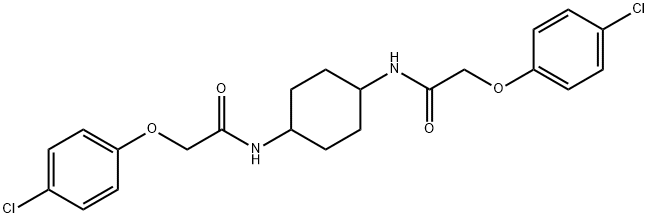Hazard statements
H315:Causes skin irritation
H319:Causes serious eye irritation
H335:May cause respiratory irritation
Precautionary statements
P261:Avoid breathing dust/fume/gas/mist/vapours/spray.
P264:Wash hands thoroughly after handling.
P264:Wash skin thouroughly after handling.
P271:Use only outdoors or in a well-ventilated area.
P280:Wear protective gloves/protective clothing/eye protection/face protection.
P302+P352:IF ON SKIN: wash with plenty of soap and water.
P304+P340:IF INHALED: Remove victim to fresh air and Keep at rest in a position comfortable for breathing.
P305+P351+P338:IF IN EYES: Rinse cautiously with water for several minutes. Remove contact lenses, if present and easy to do. Continuerinsing.
P312:Call a POISON CENTER or doctor/physician if you feel unwell.
P321:Specific treatment (see … on this label).
P332+P313:IF SKIN irritation occurs: Get medical advice/attention.
P337+P313:IF eye irritation persists: Get medical advice/attention.
P362:Take off contaminated clothing and wash before reuse.
P403+P233:Store in a well-ventilated place. Keep container tightly closed.
P405:Store locked up.
P501:Dispose of contents/container to..…

